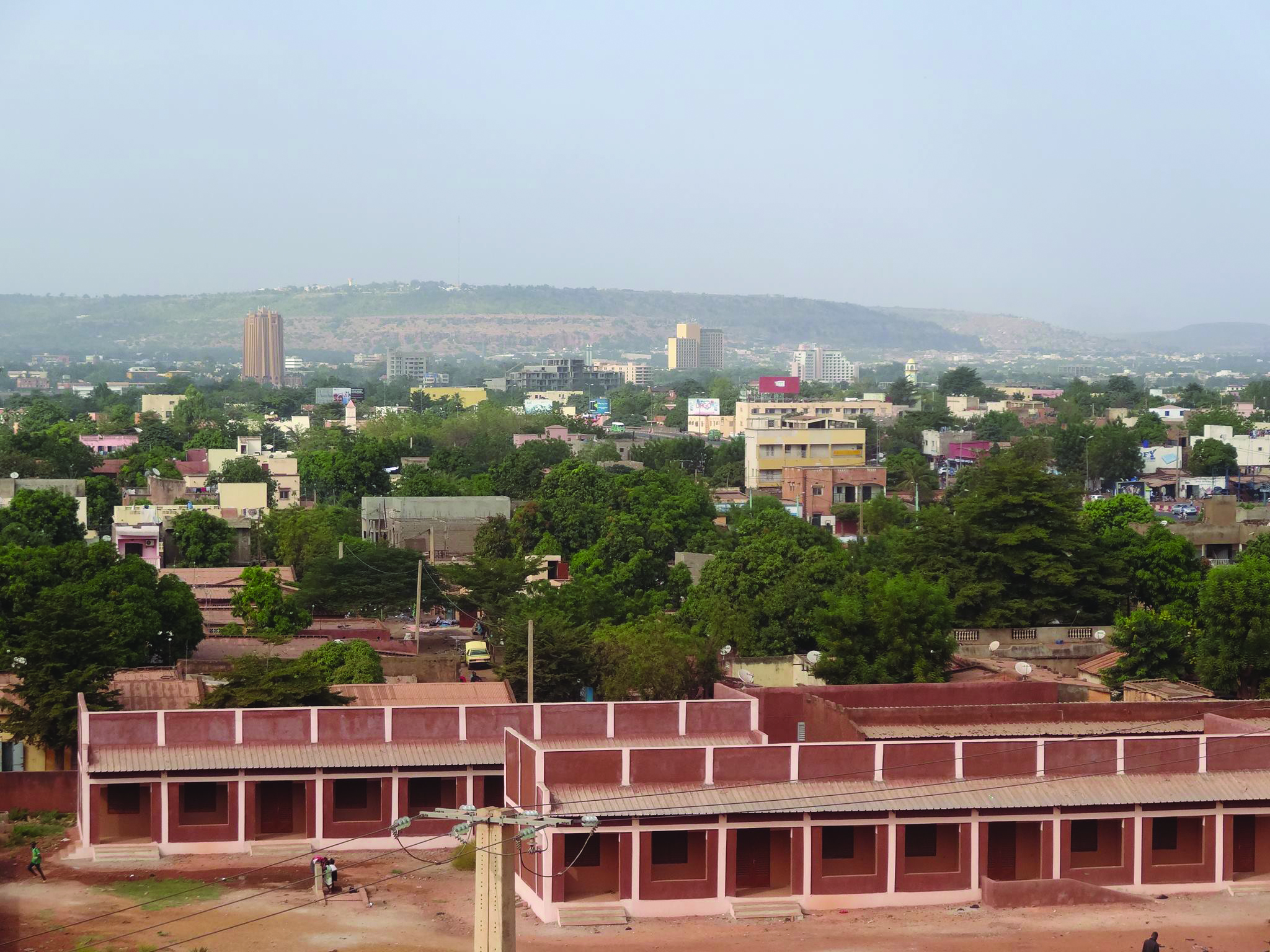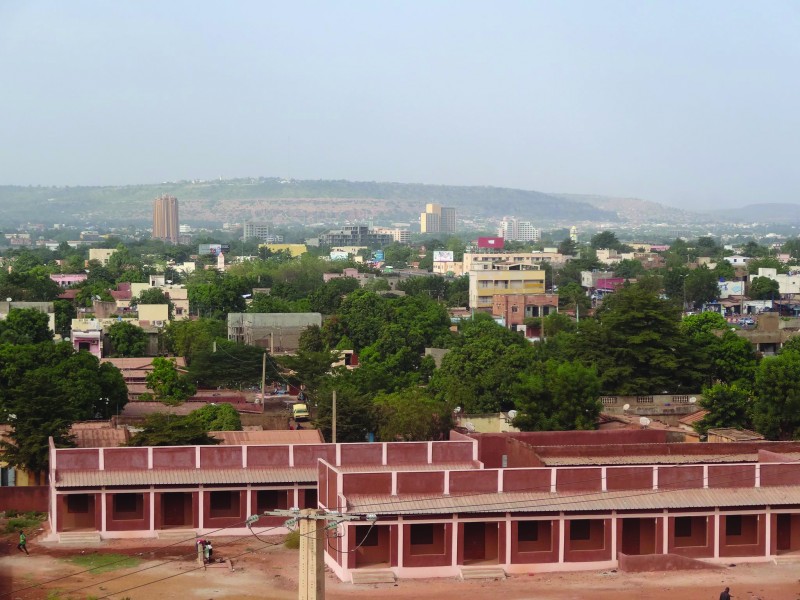

By Hadassah Winters
An attack occurred at a U.N. base in Kidal, in northern Mali on Nov. 28, killing three and injuring 20. The jihadist Ansar Dine group claimed responsibility for the attack according to AFP.
At least 27 lives were lost after a terrorist attack in Bamako, Mali’s capital, on Nov. 19, when gunmen stormed the Raddison Blu Hotel which was hosting diplomatic meetings on peace process at 7 a.m. and opened fire, taking 170 hostages, according to CNN.
American and French military forces stationed in Mali responded quickly to the situation and rushed in to free guests, killing at least two of the gunmen.
Al-Mourabitoun, an Islamist militant group that has ties with Al-Qaeda, claimed responsibility for the attack and for the deaths of hotel guests and employees from around the world, including the death of one American. The U.S. Embassy in Mali sent out emails advising Americans there to “shelter in place,” “remain vigilant of their surroundings” and to stay posted by monitoring local media for updates.
The situation in Bamako lasted less than a day, but the Malian government declared a 10-day state of emergency, including three days of national mourning during which flags were flown at half-staff.
American citizen Jennifer Bowers, who has been based in Mali since 1984, and moved to the city in 2013, said she and her husband live about two miles away from the hotel, but in a different neighborhood so they said they didn’t feel unsafe, although they felt unsettled, according to correspondence through instant message.
“We first heard about it when a friend called us in the morning, around nine,” said Bowers, “a few minutes later a Malian friend also called to make sure we were informed. Finally, at about 11, we got an email from the US embassy.” In Bowers’ neighborhood, life went on as usual, although she mentioned speaking with one friend who was very upset by the situation.
“We had all been feeling optimistic because there had been no attacks in Bamako since March,” Bowers said, “and then bang! This happened.”
Friends of the Bowers from all over the world expressed their concern for the family in Bamako, as did friends of the Rancans, a Brazilian family who first moved to West Africa in the early 90’s, making Mali’s capital their home in early 2014. Edson Rancan, 20, said it was a tense day for his family, and they stayed at home keeping an eye on the news. His father is currently visiting Brazil, leaving just Edson and his mother in Bamako.
Edson said that they have never felt “safe” in Mali due to the unrest throughout the country during the past few months, but that they are calm.
“I think we feel safe partly because we have been here so long,” Ms. Bowers said, “and partly because of the Malian people who are generally very moderate Muslims and who repudiate these attacks as much as we do.”
French President Francois Hollande was more than sympathetic to the former French colony, saying France is ready to help Mali in any way they can. The attacks in Bamako came exactly one week after the tragic events in Paris on November 13th, when terrorists affiliated with the Islamic State group opened gunfire and detonated bombs at different locations throughout the city, resulting in 129 fatalities, as reported by the BBC.
People around the world—including the majority of Muslims—are uniting in condemnation of violent Islamic extremist groups, as more and more lives are lost every day.
